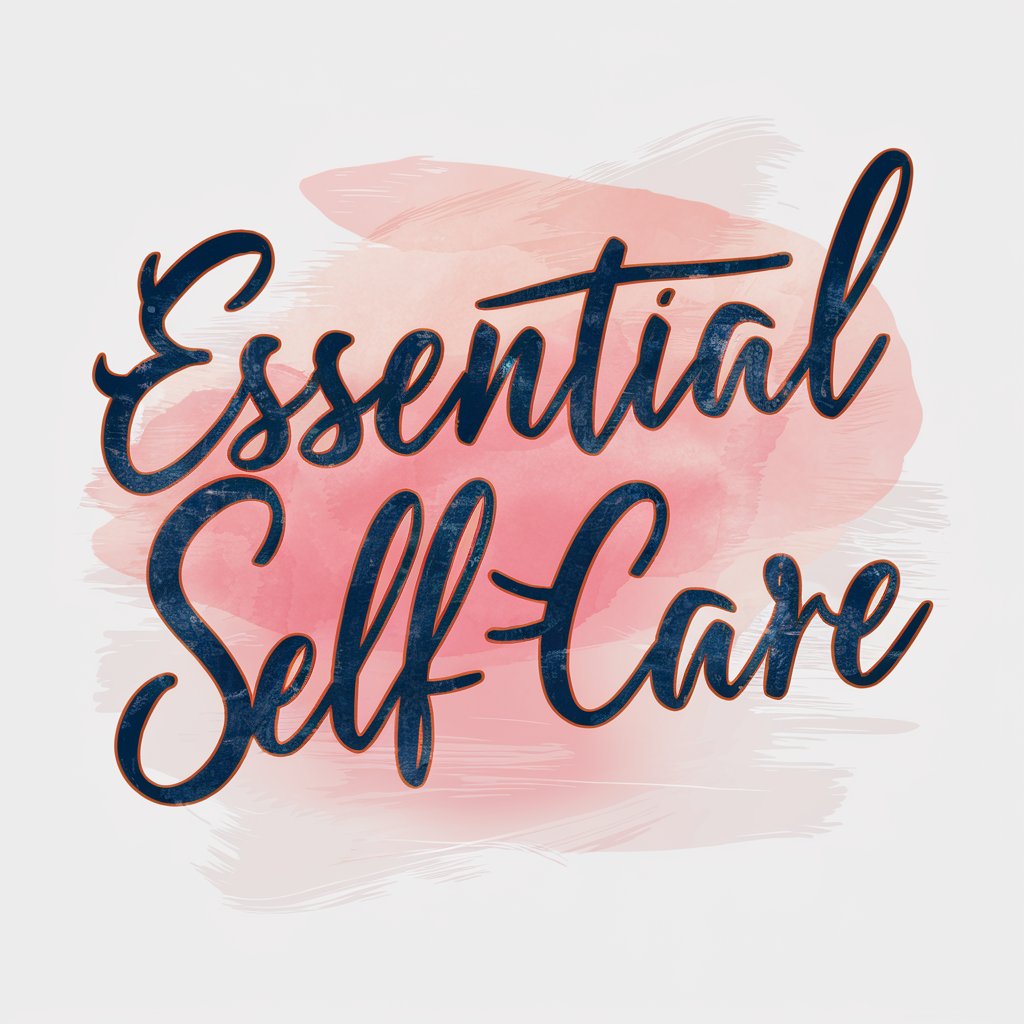Menopause is a natural biological process that marks the end of a woman’s reproductive years. It typically occurs between the ages of 45 to 55 and is characterized by the cessation of menstruation. This transition is significant in a woman’s life as it signals the end of fertility and the beginning of a new stage of life.
During menopause, women may experience a variety of symptoms, including hot flashes, night sweats, mood swings, fatigue, vaginal dryness, and sleep disturbances. These symptoms can have a significant impact on physical and emotional well-being, affecting daily life and overall quality of life.
Managing menopausal symptoms is essential for women’s health and well-being. Self-care practices play a crucial role in symptom management, including regular exercise, maintaining a healthy diet rich in fruits, vegetables, and whole grains, staying hydrated, practicing stress reduction techniques such as yoga or meditation, and getting enough sleep.
In addition to lifestyle changes, some women may benefit from menopause supplements. These supplements typically contain ingredients such as black cohosh, soy isoflavones, red clover, or siberian rhubarb, which have been studied for their potential to alleviate menopausal symptoms. However, it’s essential to consult with a healthcare professional before starting any supplement regimen, especially if you have underlying health conditions or are taking medications.
Know more about the various ways you can cope with menopause through self-care practices in this article.
Understanding Menopause
Menopause is a natural biological process that marks the end of a woman’s reproductive years. It occurs when a woman’s ovaries stop producing eggs and her menstrual periods cease permanently. Menopause is diagnosed after 12 consecutive months without a menstrual period.
Stages of Menopause
Perimenopause: This stage typically begins several years before menopause when the ovaries gradually produce less estrogen. Women may experience irregular menstrual cycles, hot flashes, and other symptoms during this stage.
Menopause: Menopause is officially reached when a woman has gone 12 consecutive months without a menstrual period.
Postmenopause: Postmenopause refers to the years after menopause. During this stage, menopausal symptoms may persist, and women are at increased risk for certain health conditions due to declining estrogen levels.
Hormonal Changes and Symptoms
During menopause, there is a significant decline in estrogen and progesterone production by the ovaries. These hormonal changes contribute to various symptoms, including:
- Hot Flashes: Sudden feelings of heat, often accompanied by sweating and flushing of the face and neck.
- Night Sweats: Episodes of intense sweating during sleep, which can disrupt sleep quality.
- Vaginal Dryness: Reduced estrogen levels may lead to thinning and dryness of the vaginal tissues, causing discomfort during intercourse and increased risk of urinary tract infections.
- Mood Swings: Hormonal fluctuations can affect mood, leading to irritability, anxiety, and depression.
- Sleep Disturbances: Changes in hormone levels could disrupt sleep patterns, leading to insomnia or poor sleep quality.
Average Age and Influencing Factors
The average age of menopause onset is around 51 years old. However, the timing of menopause can vary widely among women. Factors that can influence the timing of menopause include genetics, smoking, certain medical conditions, and surgical interventions such as hysterectomy or oophorectomy (removal of ovaries).
Understanding the stages of menopause, hormonal changes, and factors influencing its timing is essential for women to navigate this natural transition with knowledge and preparedness.
Self-Care Practices During Menopause
Navigating menopause can be a transformative journey for women, marked by physical changes and emotional shifts. In this phase of life, prioritizing self-care becomes essential to manage symptoms and promote overall well-being.
Important self-care practices during menopause include maintaining a healthy diet and regular exercise routine, engaging in stress-reducing activities like yoga and meditation, and ensuring adequate sleep. These practices can help women navigate the challenges of menopause with greater ease.
Maintaining a Healthy Diet and Regular Exercise Routine
Importance: A healthy diet and regular exercise are important for managing menopausal symptoms and promoting overall well-being. A balanced diet rich in fruits, vegetables, whole grains, lean proteins, and healthy fats provides essential nutrients that support hormone balance and bone health.
Benefits: Regular exercise helps alleviate symptoms such as hot flashes, mood swings, and weight gain. It also promotes cardiovascular health, bone density, and muscle strength. Additionally, a healthy diet and exercise routine can help prevent weight gain.
Stress-Reducing Activities
Importance: Menopause can be a stressful time due to hormonal changes and associated symptoms. Stress-reducing activities such as yoga, meditation, and deep breathing exercises help promote relaxation, reduce anxiety, and improve overall mood.
Benefits: These activities can help alleviate symptoms such as hot flashes, night sweats, and mood swings by reducing stress hormone levels and promoting a sense of calm. Regular practice of stress-reducing activities also supports better sleep quality and overall mental well-being.
Tips for Getting Adequate Sleep and Managing Sleep Disturbances
Sleep disturbances are common during menopause and can contribute to other symptoms such as mood swings and fatigue. Getting an adequate amount of sleep is important for overall health and well-being.
- Establish a regular sleep schedule by going to bed and waking up at the same time each day.
- Create a relaxing bedtime routine to signal to your body that it’s time to wind down, such as taking a warm bath, reading, or practicing relaxation techniques.
- Create a comfortable sleep environment by keeping your bedroom cool, dark, and quiet.
- Limit exposure to screens (e.g., phones, computers, TVs) before bedtime, as the blue light can disrupt sleep patterns.
- Avoid caffeine, alcohol, and large meals close to bedtime, as they can interfere with sleep quality.
Incorporating these essential self-care practices into your daily routine can help manage menopausal symptoms and support overall health and well-being during this transitional phase. By prioritizing a healthy diet, regular exercise, stress-reducing activities, and adequate sleep, women can navigate menopause with greater ease and vitality.
Menopause Supplements
Menopause supplements have gained popularity as a natural approach to managing symptoms associated with this transitional phase in a woman’s life. These supplements often contain ingredients known for their potential to alleviate common menopausal symptoms such as hot flashes, mood swings, and vaginal dryness. Here’s a closer look at their role and potential benefits:
Role of Menopause Supplements
Menopause supplements aim to support hormonal balance and alleviate symptoms by providing nutrients and plant-based compounds that may mimic or modulate estrogen activity in the body. While research on the effectiveness of these supplements is ongoing, many women report experiencing relief from certain symptoms when using them as part of their overall management approach.
When choosing menopause supplements, it’s important to consult with a healthcare professional before starting any new supplement regimen to ensure that the supplements are appropriate for your individual needs. Always remember to read the label and follow the recommended dosage instructions.
Lifestyle Changes for Menopause
As women transition through menopause, embracing lifestyle changes becomes essential for managing symptoms and promoting overall well-being. In this section, we’ll explore key lifestyle adjustments that can significantly impact women’s health during this transformative phase. From quitting smoking and moderating alcohol intake to maintaining a healthy weight and seeking social support, these lifestyle changes offer holistic approaches to navigating menopause with resilience and vitality.
Importance of Quitting Smoking and Limiting Alcohol Consumption
- Quit Smoking: Smoking can contribute to menopausal symptoms such as hot flashes. Quitting smoking is beneficial for overall health and helps to reduce the risk of associated health complications.
- Limit Alcohol Consumption: Alcohol can disrupt sleep patterns, contribute to weight gain, and worsen mood swings during menopause. Limiting alcohol intake can help improve sleep quality, mood stability, and overall well-being.
Tips for Maintaining a Healthy Weight and Managing Menopausal Weight Gain
- Balanced Diet: Focus on a balanced diet rich in fruits, vegetables, whole grains, lean proteins, and healthy fats. Avoid processed foods, sugary snacks, and excessive saturated fats.
- Portion Control: Be mindful of portion sizes to prevent overeating. Pay attention to hunger and fullness cues, and avoid eating out of boredom or stress.
- Regular Exercise: Incorporate regular physical activity into your routine, such as walking, swimming, or yoga. Aim for at least 150 minutes of moderate-intensity aerobic activity per week, along with muscle-strengthening exercises on two or more days per week.
- Stay Hydrated: Drink plenty of water throughout the day to stay hydrated and support metabolism.
Benefits of Staying Socially Connected and Seeking Support
- Social Support: Staying socially connected with friends, and family, or joining support groups can provide emotional support and a sense of belonging during menopause. Sharing experiences and seeking advice from others going through similar changes can help reduce feelings of isolation and improve overall well-being.
- Physical Activity with Others: Engage in physical activities or hobbies with friends or family members to stay motivated and accountable. Exercise classes, walking groups, or team sports can provide social interaction while promoting physical health.
- Professional Support: Consider seeking support from healthcare providers, therapists, or counselors if you’re struggling with emotional or mental health issues during menopause. Professional support can provide guidance and coping strategies to navigate this transitional phase with resilience.
Conclusion
As you navigate through this transformative phase of life, remember to prioritize your physical and emotional well-being. Embrace self-care practices, seek support from healthcare professionals, and stay connected with loved ones to navigate menopause with resilience and vitality.






